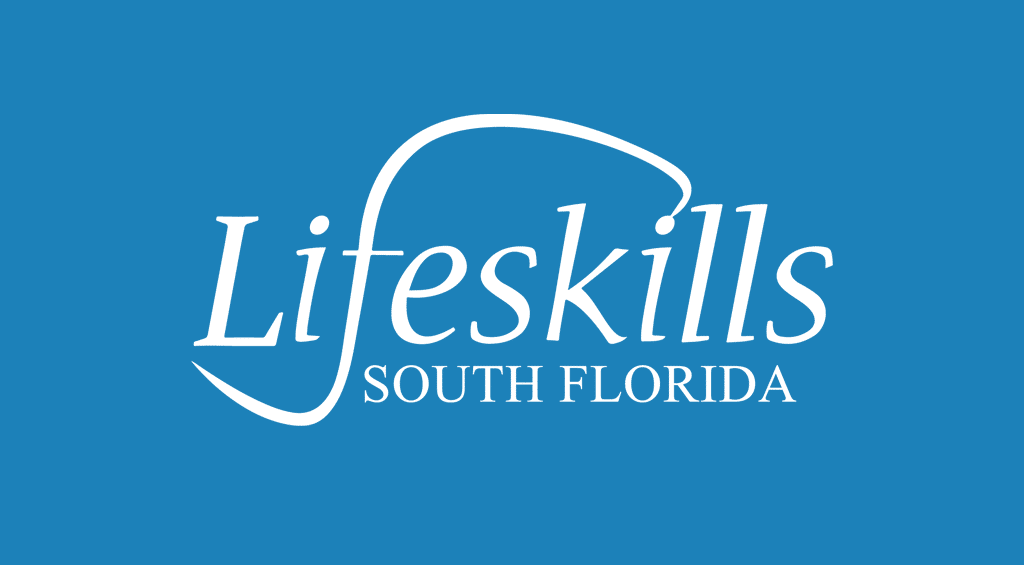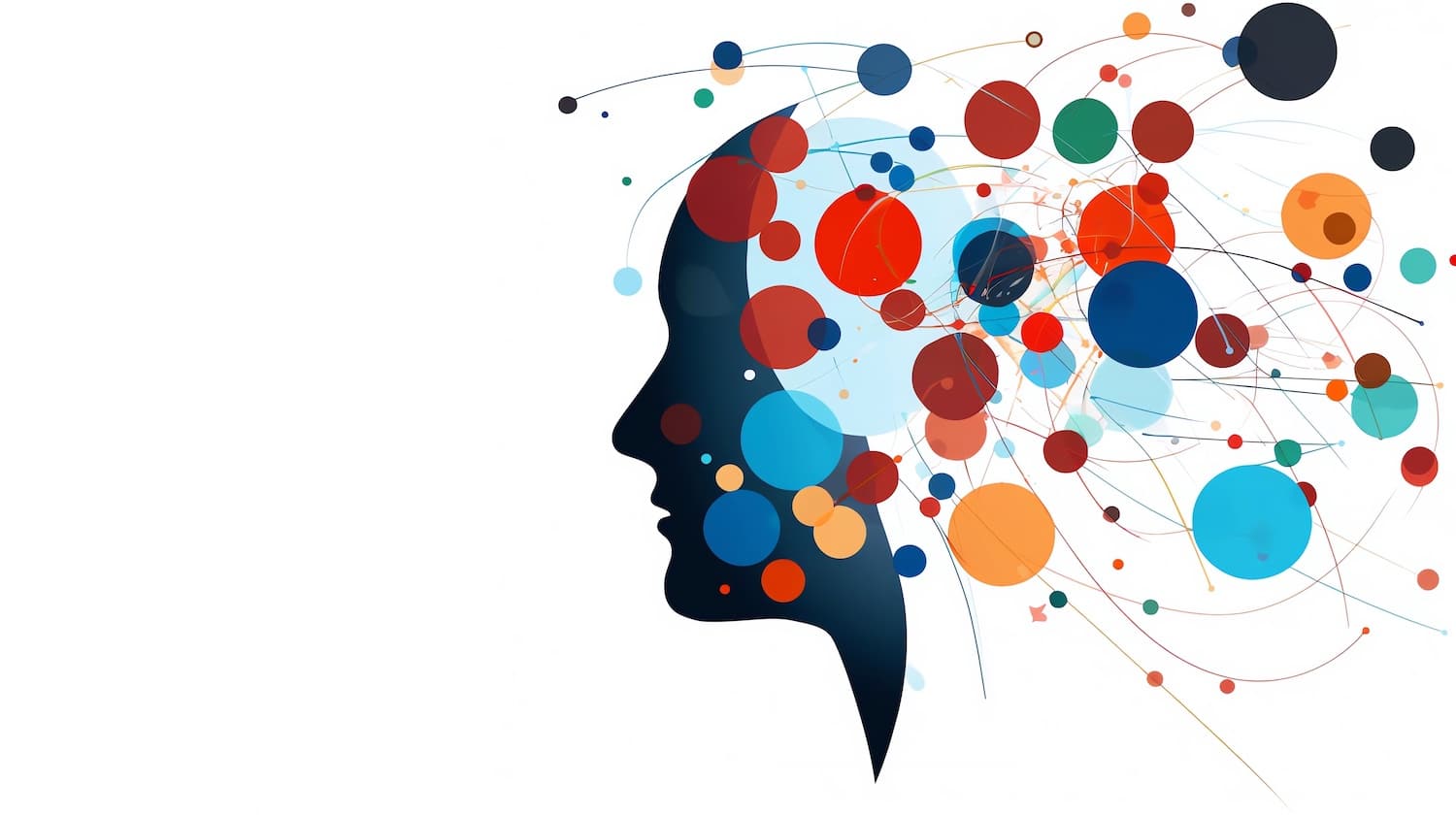The National Alliance on Mental Illness has continued to lead the effort to reduce the stigma around Mental Illness until we define it as Stigma free. Other mental health foundations are also bringing awareness by focusing on the theme of “Give” in their education efforts: Give your time, your words your presence. By exploring this theme of give we are able to break stigmas that have plagued our family and friends that struggle with mental illness.
Time
Why can’t we slow down? We spend a lot of our time wrapped up in what makes us feel good, how others perceive us and what is going to help us get ahead. Often, we are moving so fast through life that we forget about those who struggle with depression, anxiety, bipolar and other similar diagnoses, especially when it does not directly affect us. We become intolerant of those that cannot keep up or cannot understand or explain what’s wrong with them. Our society has evolved into a fast-paced race for self-actualization. We often miss the importance of spending quality time with others.
Taking the time out of your fast-paced day to give back to others will bless you and the person you are helping. Giving your time can be in service work. Or making a phone call to that friend you lost contact with or just in prayer for another. Any way you choose to give your time, do so mindfully with all your focus being on the act you are choosing to do.
Words
Are you quick to judge or offer unwanted criticism to others? Often people who struggle with mental illness are already fighting society’s stigma that is associated with having a mental illness. They are not capable of managing the emotional toll it takes to live with the criticisms of their loved ones. Our words carry the power to build or break someone down and, for the person struggling with mental health issues, hurtful words can cut deeply. They can contribute to feelings of hopelessness. The golden rule also applies to communication, “If you cannot say anything nice, don’t say anything at all.” While you may think that your constructive criticism is helpful, it may not be your place to offer such advice.
When you feel the desire to be judgmental that is when you should take the opposite approach. Instead, think about how you can offer positive affirmations and words of encouragement as it applies to the conversation at hand and your desire to help. Often, validation of other’s feelings and situations or just listening without words can help more than anything we might say or do.
Presence
Being present is the third part of the goal of giving in this effort to impact the stigma of Mental Illness. When spending time with others, we should be mindful of our actions, words, and quality of time. Being physically there while your mind is somewhere else is not the same as being emotionally present. People desire to make a connection and without your undivided attention, they are unable to connect with you. The person who struggles with mental illness already has trouble connecting emotionally with others. When you are present with them, it gives them an opportunity to connect to you by modeling this behavior.
What are some techniques for being mindful and present? Don’t squeeze in time with the person struggling with mental illness. Make purposeful time in your schedule to be with them, because they will pick up on it if you are waiting to get to your next appointment. Second, focus on the conversation by listening to what they are saying or sitting with them in silence, because just being available is part of making this connection. Lastly, turn your phone, electronics, and distractions on silent or off. It is hugely important that they feel like the priority when you are with them, even if you aren’t sure whether or not they appreciate you being there. Doing this last tip with consistency will translate over time and help them understand that you support they can trust.
If you’re someone that is currently struggling with an addiction or co-occurring mental health disorder, consider seeking treatment at Lifeskills South Florida. Lifeskills is one of the leading drug and alcohol treatment programs in the Fort Lauderdale area and has been in business since 1991. Our admissions office can be reached either by phone or the contact form below.




